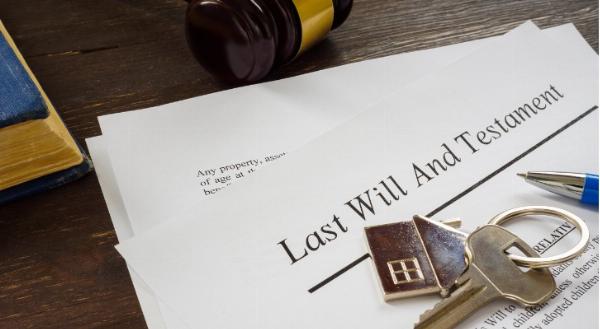Yes, **law enforcement **can and does track users on darknet marketplaces like feshop, even though these platforms use anonymizing technology like Tor. Here's how they do it — and how people still get caught:
Sure! Here's a quick-hit list of 🔥 Feshop & Darknet Tracking Fast Facts 🔍:
💻 Feshop Quick Facts
🕸️ Feshop is/was a darknet marketplace selling stolen credit cards & personal data.
❌ Many Feshop domains are scams, phishing sites, or malware traps.
⚖️ Accessing or using Feshop is illegal in most countries.
🕵️ Can You Be Tracked? YES
📍 Law enforcement can trace users even on Tor.
🪤 Honeypots: Agencies operate fake or seized darknet markets.
🧠 Most arrests happen due to user mistakes, not tech failure.
💸 Crypto Isn’t Fully Private
🪙 Bitcoin is traceable via blockchain analysis.
🔗 Tools like Chainalysis help agencies follow the money.
🧑💻 Common Ways People Get Caught
Reusing passwords or usernames
Using a personal device or IP address
Posting purchases or links on social media
Downloading malware from fake shops
🚨 Notable Busts
AlphaBay & Hansa: Taken down by FBI & Dutch police — many users arrested.
Dark HunTor 2021: 150+ darknet users arrested globally.
👮♂️ How Law Enforcement Tracks Users on Darknet Sites Like Feshop
1. Undercover Operations & Honeypots
Agencies like the FBI, Interpol, and Europol often pose as buyers or sellers on darknet markets.
In some cases, they take control of the marketplace (e.g., AlphaBay, Hansa) and monitor all activity before shutting it down.
🔎 Example: In 2017, Dutch police secretly operated the darknet market Hansa for a month, gathering user data before announcing the takedown.
2. Bitcoin & Crypto Tracing
Most darknet markets, including Feshop, use Bitcoin, Monero, or similar cryptos.
Despite common belief, Bitcoin is not anonymous — it's pseudo-anonymous.
Tools like Chainalysis and CipherTrace allow authorities to trace wallet addresses and transaction patterns.
3. IP Leaks & Browser Exploits
If a user’s Tor browser is misconfigured, their real IP address can leak.
Law enforcement has deployed custom exploits (such as the “NIT” – Network Investigative Technique) to de-anonymize users who access specific illegal content.
⚠️ Feshop and other marketplaces are known for using malicious scripts, which can be exploited in reverse by law enforcement.
4. Mistakes by Users
Most arrests happen due to human error:
Logging into darknet sites with identifiable usernames
Reusing passwords
Posting about transactions on social media
Shipping illegal goods to home addresses
Using a phone or unsecured network
5. Server Seizures
When authorities seize the servers of a darknet marketplace, they gain:
Access to backend logs
User accounts and private messages
Cryptocurrency wallet data
IP addresses if the site didn't fully anonymize user data
👁️🗨️ In the case of Feshop, some versions may have logged data that helped track vendors or buyers.
6. Darknet Partner Operations
International task forces like Joint Criminal Op Dark HunTor, Europol’s Darknet Team, or Project Disruptor collaborate across borders.
These groups share intelligence to catch users who try to hide in different jurisdictions.
Can I buy things with cryptocurrency on Feshop?
Even though these sites may accept cryptocurrency, using crypto to purchase illegal goods is still traceable and criminally prosecutable in many countries.
7. What are legal alternatives for learning about darknet markets?
Take courses on ethical hacking and digital forensics.
Join platforms like TryHackMe, Hack The Box, or CyberDefenders.
Study public reports from cybersecurity firms.
Explore lawful Tor services like SecureDrop, ProPublica, or Tor Metrics.
8. How do I protect myself if I stumble across a darknet scam site?
Close the site immediately.
Don’t download anything or click unknown links.
Run antivirus/malware scans.
Avoid sharing any personal information.
Report suspicious links to platforms like ScamAdviser or Cybercrime.gov (U.S.).
9. Is using Tor Browser illegal?
No, Tor Browser is legal in most countries. It was created to enhance privacy and security online. However, what you do with it can be legal or illegal depending on your actions.
🧠 Bottom Line:
Even with Tor and crypto, you are not invisible — especially on criminal platforms like Feshop.
If you're curious about how darknet investigations work, I can point you to some case studies or forensic resources used by ethical hackers and cybersecurity teams. Want to check some out?
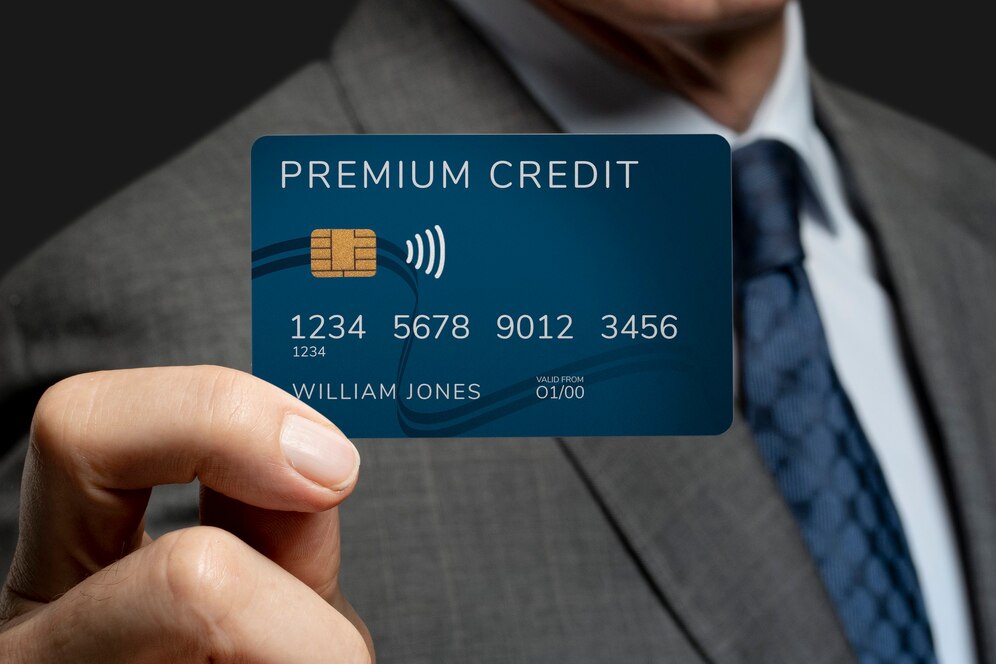
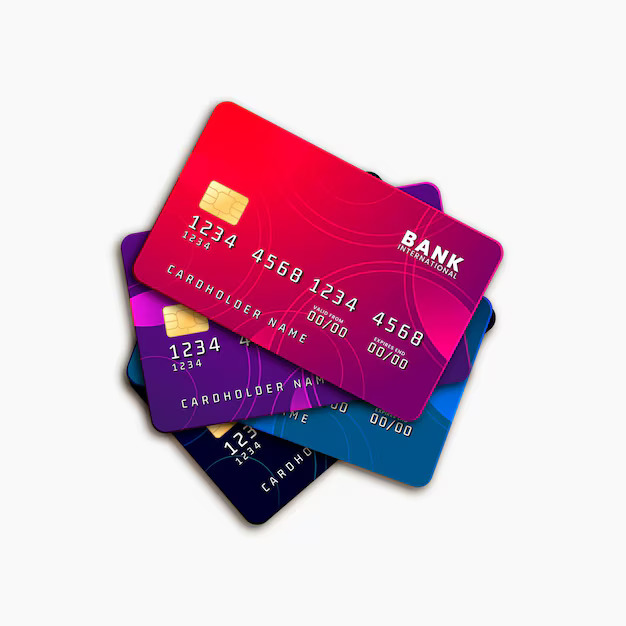

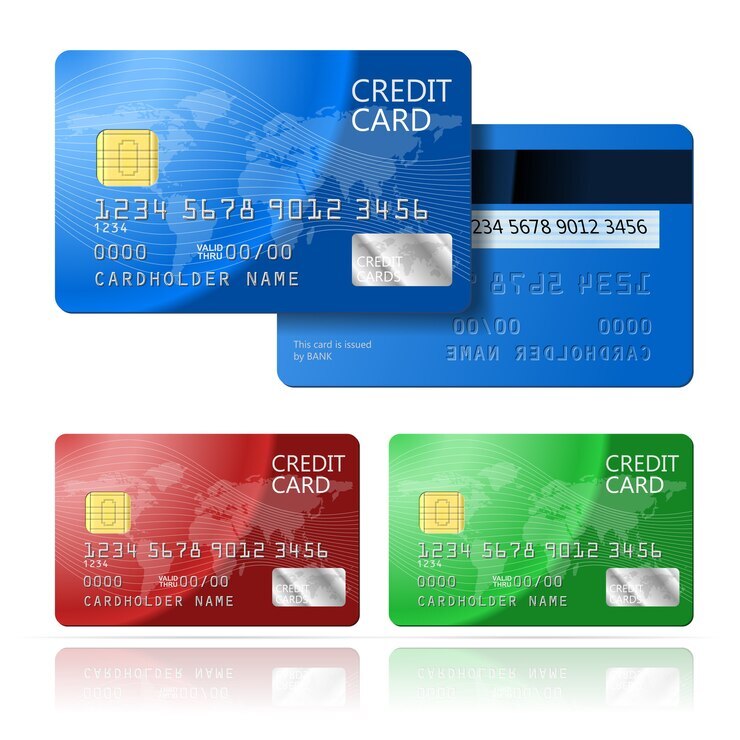
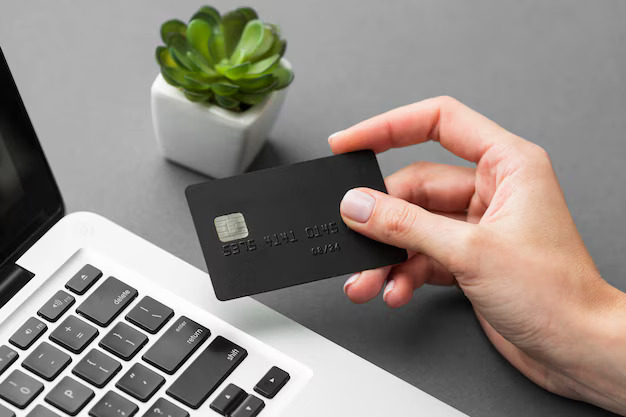
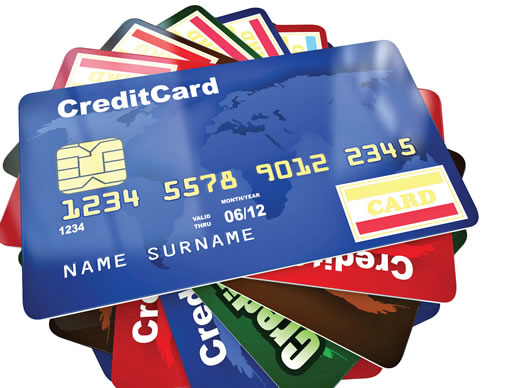
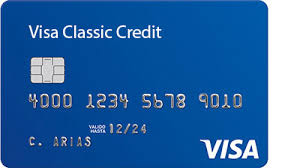
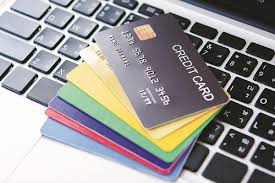
Certainly, a fitting comment could be: Can law enforcement indeed track users on darknet sites? The anonymity offered by the feshop platforms coupled with malicious actors' tactics heighten challenges for authorities in carving out an effective strategy.













